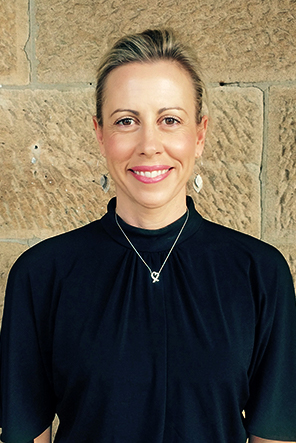Dementia, characterised by a steady decline in our thinking ability and the eventual loss of our identity, is one of the diseases we fear most.
Despite it costing more than $5 billion a year to the health and aged care system, and registering as the third leading cause of death in Australia, dementia research remains grossly and disproportionately under-funded when compared to medical research for other diseases, such as cancer. Current projections estimate that by the middle of this century almost a million Australians will have dementia and there will be far fewer younger Australians, proportionally, to care for them.
However, a $200 million injection of Australian government funds over the next five years has raised the profile of dementia research and with it, possibilities for prevention, treatment and cure.
In a recent episode of Radio National’s Big Ideas, Professor Henry Brodaty, Co-Director of the Centre for Healthy Brain Ageing (CHeBA), joined a number of expert panel members discussing the current state of dementia research, preventative measures and care. Although there is currently no cure, Professor Brodaty says there are measures available to slow down progress of the disease.
“Dementia is a slow disease. It doesn’t mean a person’s life, when they get the diagnosis, changes from one day to the next, unless they let it, and there is much that we can do,” explains Professor Brodaty.
“People can have a very positive life, even with a diagnosis of dementia. Many people live with some sort of disability … it might be chronic heart failure. It might be severe asthma. It might be daily injections for diabetes. People live with these conditions and live well and learn to compensate for them,” he says.
According to Professor Brodaty, another major focus for dementia research is diagnostic screening. Lumbar punctures to analyse protein profiles of the cerebral spinal fluid have been found to give a 90 per cent accuracy of diagnosis in people with Alzheimer’s and possibly even people with pre-Alzheimer’s.
“The field is moving now to pre-clinical diagnosis and that’s quite a controversial area,” he says. “Would you want to know the diagnosis? Because there is currently no treatment that can actually stop the Alzheimer’s disease, or any other form of dementia.”
The Big Ideas panel consisted of Professor Henry Brodaty AO; journalist and President of Alzheimer’s Australia Ita Buttrose AO; Professor Kaarin Anstey, Director of the Centre for Research on Ageing, Health and Wellbeing at ANU; Zoe Terpening, a clinical neuropsychologist from The Brain and Mind Research Institute at Sydney University; and Christine Bryden, dementia advocate and writer.
Full audio and video footage can be accessed at: http://www.abc.net.au/tv/bigideas/stories/2014/10/16/4108449.htm.


